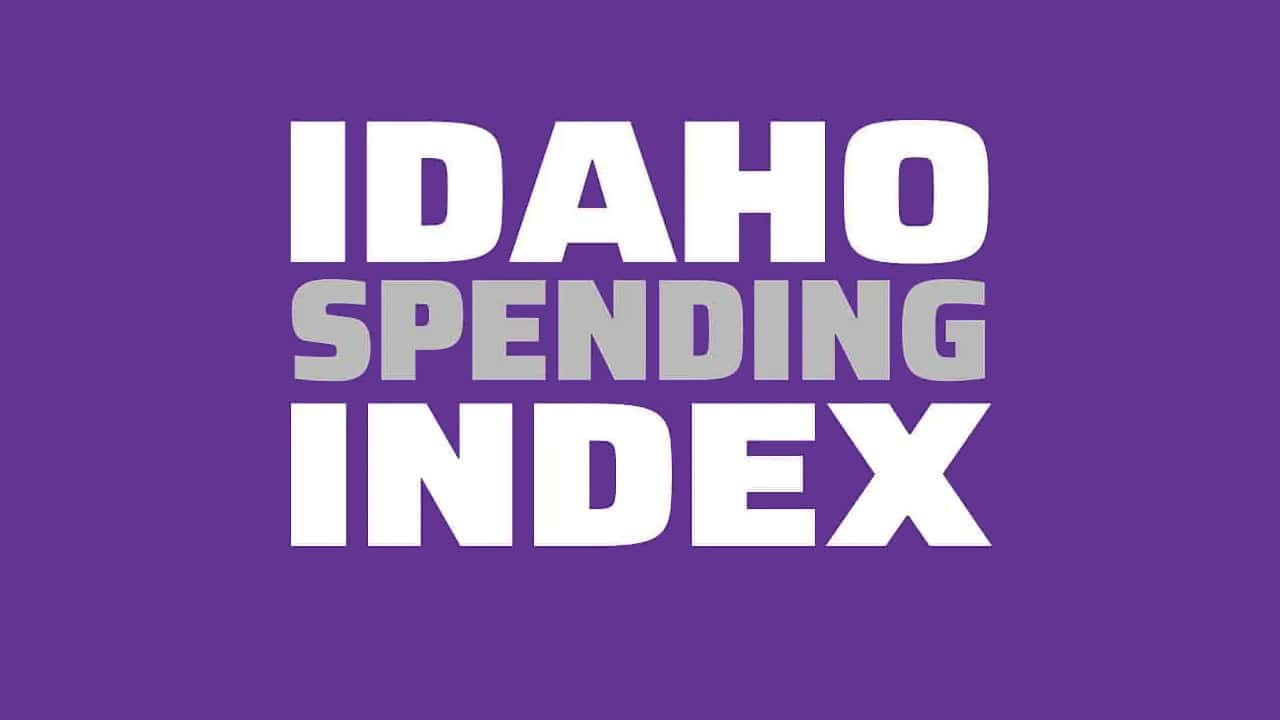


The Idaho Spending Index serves to provide a fiscally conservative perspective on state budgeting while providing an unbiased measurement of how Idaho lawmakers apply these values to their voting behavior on appropriations bills. Each bill is analyzed within the context of the metrics below. They receive one (+1) point for each metric that is satisfied by freedom-focused policymaking and lose one (-1) point for each instance in which the inverse is true. The sum of these points composes the score for the bill.
Analyst: Niklas Kleinworth
Rating: -4
Bill Description: House Bill 694 appropriates $30,357,400 and 257.25 full-time positions to the Liquor Division for fiscal year 2025.
Does this budget enact powers and activities that extend beyond the proper role of government? Conversely, does this budget fulfill the proper role of government?
The mission of the Idaho State Liquor Division is to control the importation, distribution, sale, and consumption of distilled spirits. The state mandates that it has control over the distribution of alcohol under Article III section 26 in the Idaho Constitution.
Though the state monopoly on liquor sales is constitutional, it places an unnecessary burden on the market. Government control does not necessarily encourage responsible consumption of alcoholic beverages. This activity clearly extends beyond the proper role of government.
(-1)
Does this budget incur any wasteful spending among discretionary funds, including new line items? Conversely, does this budget contain any provisions that serve to reduce spending where possible (i.e. base reductions, debt reconciliation, etc.)?
House Bill 694 appropriates $166,300 to relocate or remodel one store. This marks the sixth consecutive year that the Liquor Division requested an appropriation to remodel stores. This is a wasteful expense because state-owned liquor stores do not need to compete with nicer private stores since they have a monopoly on the market.
(-1)
Is the maintenance budget inappropriate for the needs of the state, the size of the agency, or the inflationary environment of the economy? Conversely, is the maintenance budget appropriate given the needs of the state and economic pressures?
This legislation confirms the program maintenance budget for the Liquor Division of $28,343,800. This growth from the FY 2022 base is 64% higher than what would be prescribed by inflationary pressures and growth.
(-1)
Does the budget grow government through the addition of new permanent FTPs or through funding unlegislated efforts to create new or expanded entitlement programs? Conversely, does this budget reduce the size of government staff and programs except where compelled by new legislation?
This legislation would add two new full time positions in addition to a new program systems specialist to support administrative changes and growth within the Liquor Division. The two new FTPs would convert temporary, seasonal staff to two full-time, year round positions.
(-1)
ANALYST NOTE: The new program systems specialist would work with the division’s proprietary picking software, but also support LUMA, the state’s new financial management software. This position would be added at a cost of $83,600, but use the division’s existing FTP cap. This position seems especially frivolous because the program was supposed to consolidate financial reporting and improve efficiency.
This budget also removes 5.75 FTPs for Office of Information Technology consolidation. This results in a net reduction of 3.75 FTPs to the Liquor Division, but does not reduce the overall size of the state workforce to shrink the overall size of government.


